‘I almost declined to be the inaugural poet out of fear’
Your digest of analysis from the British and international press
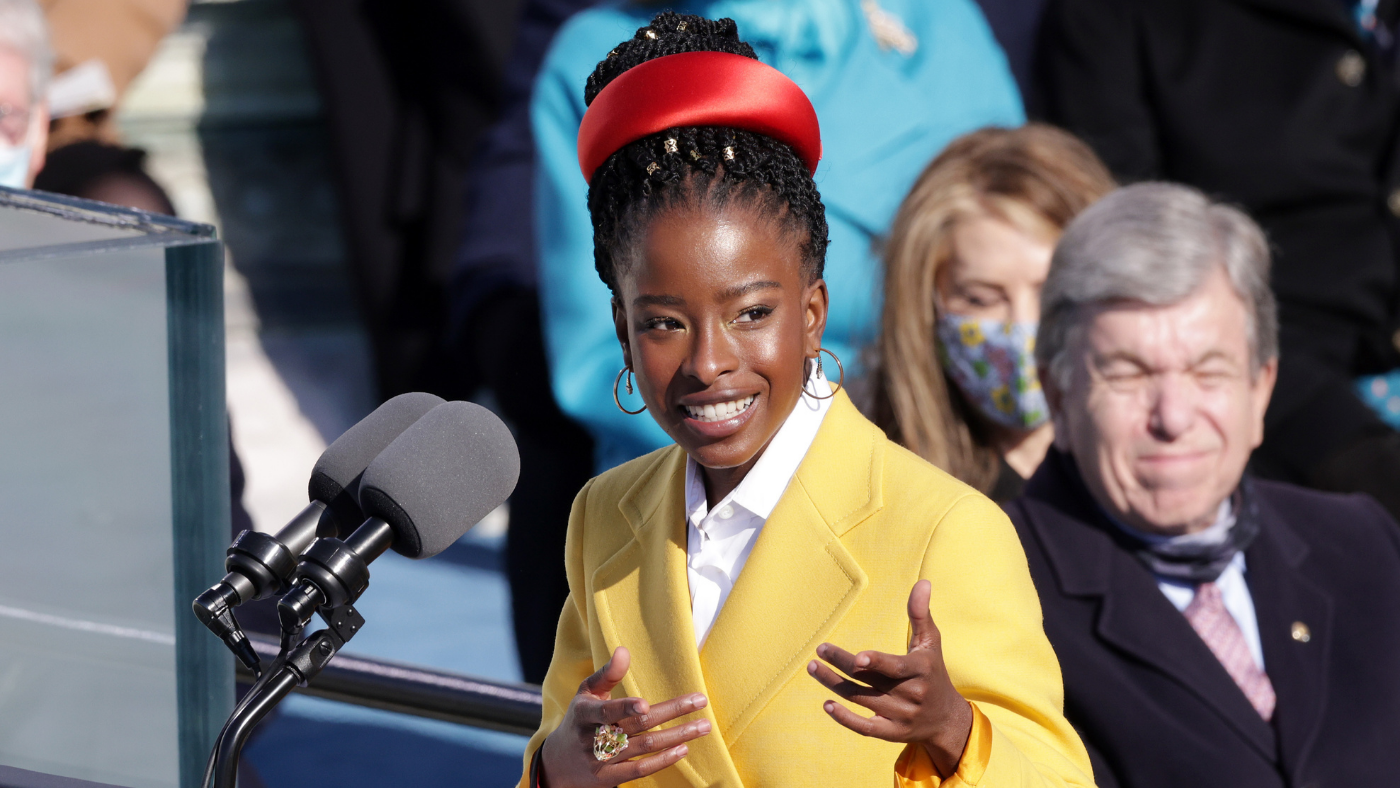
A free daily email with the biggest news stories of the day – and the best features from TheWeek.com
You are now subscribed
Your newsletter sign-up was successful
1. The Hill we’re still climbing, a year later
Amanda Gorman at The New York Times
on embracing fear
“The truth is I almost declined to be the inaugural poet,” says Amanda Gorman. She was “terrified” of “failing my people, my poetry”, but also “on a physical level”, when invited to read her work The Hill We Climb at the swearing in of Joe Biden a year ago today. Covid-19 was “still raging” and the Capitol riots had taken place weeks earlier on “the very steps” where Gorman performed, she writes in The New York Times. Friends messaged “telling me not-so-jokingly to buy a bulletproof vest”. Her mother practised “shielding my body from bullets”. Gorman almost pulled out before realising that “maybe being brave doesn’t mean lessening my fear, but listening to it”. To be alive is to be afraid and if you’re not, “then you’re not paying attention”. On 20 January 2021, “what I found waiting beyond my fear” was every person “who welcomed the impact of a poem into protests, hospitals, classrooms, conversations, living rooms, offices, art and all manner of moments”. Gorman wrote the words, “but it was other people who put those words to work”. The inauguration “might have seemed like a ray of light”, but she is still “terrified every day”. Yet there is “hope”, she concludes. “Do not fear your own fear. Own it. Free it.”
The Week
Escape your echo chamber. Get the facts behind the news, plus analysis from multiple perspectives.

Sign up for The Week's Free Newsletters
From our morning news briefing to a weekly Good News Newsletter, get the best of The Week delivered directly to your inbox.
From our morning news briefing to a weekly Good News Newsletter, get the best of The Week delivered directly to your inbox.
2. What really happened to Politics For All
Nick Moar at The Spectator
on social media suspension
Nick Moar founded Twitter account Politics For All when he was 17 years old. The news aggregator tweeted “the most salient lines from news articles”, linking to the original publication in a follow-up post, Moar explains in The Spectator, where he is now social media editor. “Hundreds of MPs, many cabinet ministers (including the chancellor) and even the prime minister’s wife” followed the account before it was suddenly suspended at the start of the year. “All that work, destroyed overnight,” writes Moar. He and the young team behind the For All accounts “were given no warning, and no real explanation” by Twitter, he says. Some publications had claimed the aggregator took their “clicks by not promoting their links in the original tweets”, but this showed “a misunderstanding of the Twitter algorithm”, which “suppresses posts with links in them” in order to “keep people on its platform”, according to Moar. Ultimately, “we shook the system and had a blast. And we debunked the myth that young people are bored by politics.” Young people will read the news if presented in an engaging way – provided “Twitter gives them the chance”.
A free daily email with the biggest news stories of the day – and the best features from TheWeek.com
3. Inflation comes to the UK and Everywhere
The Wall Street Journal Editorial Board
on money problems
“In the spirit of misery loving company, Americans would like to welcome their European friends to the global inflation party,” says The Wall Street Journal’s Editorial Board. Rising prices “remain out of control in the Old World, and no one has a good plan to rein them in”. Some of the consumer-price inflation hitting the UK and the eurozone is “politicians’ fault, especially on energy”. Brits are “paying the price – literally – for two decades of green energy policies” that “amped up subsidies for renewable power generations” while “suffocating” the nuclear and natural gas markets, which are “reliable, cheap or both”. Boris Johnson’s “net-zero carbon obsession” has “made this worse”, and the impact on voters’ pockets “has become a political threat to his premiership”. Monetary authorities “aren’t off the hook” either. “On both sides of the Atlantic, central banks have fallen woefully behind on their duty to maintain price stability,” says the paper. What’s lacking is “any attempt at a global solution for what is now a global inflation problem”. Policy coordination “may be needed” to reduce rising prices “without global economic disruption”.
4. Andre Leon Talley was a heroic outsider – and embodied the fashion industry at its best
Priya Elan at The Guardian
on a visionary voice
The Guardian’s deputy fashion editor Priya Elan began working in the industry in 2016, when fashion was “white, female and thin”. Fashion journalist Andre Leon Talley was “defiantly, unapologetically and fabulously none of these things”. Talley’s death this week, at the age of 73, is “the silencing of a voice who represented what fashion could be: the triumph of the outsider in a world of cookie-cutter conformity”. Talley “never followed the rules” or apologised “for his booming voice” or “his unconventional body shape or his blackness”. His “presence and perspective” as the first black creative director at Vogue magazine “prefigured today’s reality”, in which there are “more people of colour in fashion editorial, and inclusivity has become a growing norm on the catwalk”, Elan writes. Now, in part thanks to Talley, “conversations about diversity are not laughed out of the boardroom”. His death is “the extinguishing of a unique, inspirational light”.
5. Why it’s time to end Covid self-isolation
Sunetra Gupta at The Telegraph
on reviewing the rules
The prime minister has announced the end of Plan B regulations, but “he should go further and address Plan A measures”, argues Sunetra Gupta at The Telegraph. Covid-19 has “stubbornly resisted all attempts at elimination”, instead “moving from an epidemic phase into an endemic state, with an appropriate reduction in mortality”. This drop is a strong reason for lifting restrictions, “given their devastating consequences, and focusing policy instead on the vulnerable”. We need to maintain “herd immunity through constant reinfection”, from which “the low risk of infection among the vulnerable arises”, Gupta writes. “Any measure that interferes with this actually increases their risk.” Self-isolation “is a case in point”, she adds. The measure “causes immense disruption” to society. And limiting the spread of the virus is “undesirable if we are aiming for the sort of relationship we have established with other endemic coronaviruses”. Yes, limiting the spread is “retrograde to society is a difficult step to take”, Gupta concedes, but the alternative is “unworkable”.
-
 The EU’s war on fast fashion
The EU’s war on fast fashionIn the Spotlight Bloc launches investigation into Shein over sale of weapons and ‘childlike’ sex dolls, alongside efforts to tax e-commerce giants and combat textile waste
-
 How to Get to Heaven from Belfast: a ‘highly entertaining ride’
How to Get to Heaven from Belfast: a ‘highly entertaining ride’The Week Recommends Mystery-comedy from the creator of Derry Girls should be ‘your new binge-watch’
-
 The 8 best TV shows of the 1960s
The 8 best TV shows of the 1960sThe standout shows of this decade take viewers from outer space to the Wild West
-
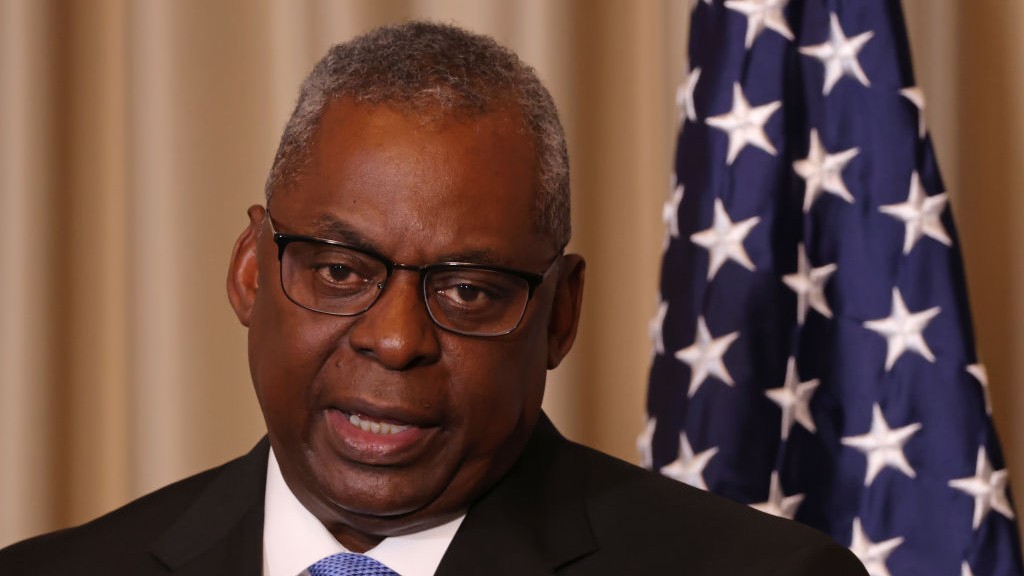 10 things you need to know today: January 7, 2024
10 things you need to know today: January 7, 2024Daily Briefing White House reportedly left unaware of defense secretary’s hospitalization, Biden to deliver State of the Union address on March 7, and more
-
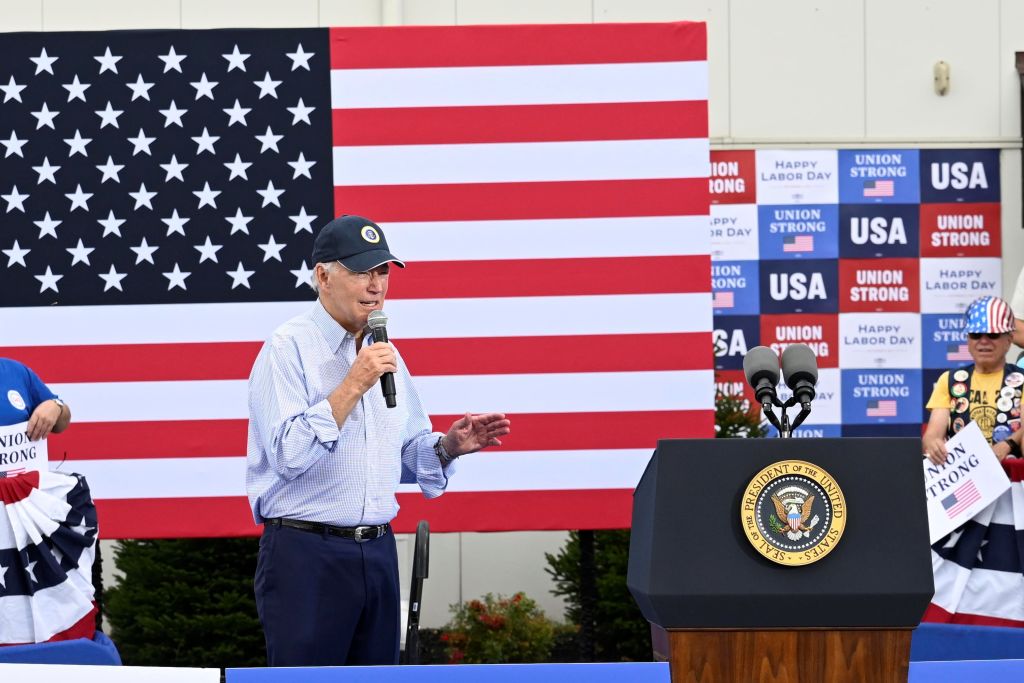 10 things you need to know today: September 5, 2023
10 things you need to know today: September 5, 2023Daily Briefing President Biden courts unions on Labor Day, thousands leave Burning Man after being trapped by desert mud, and more
-
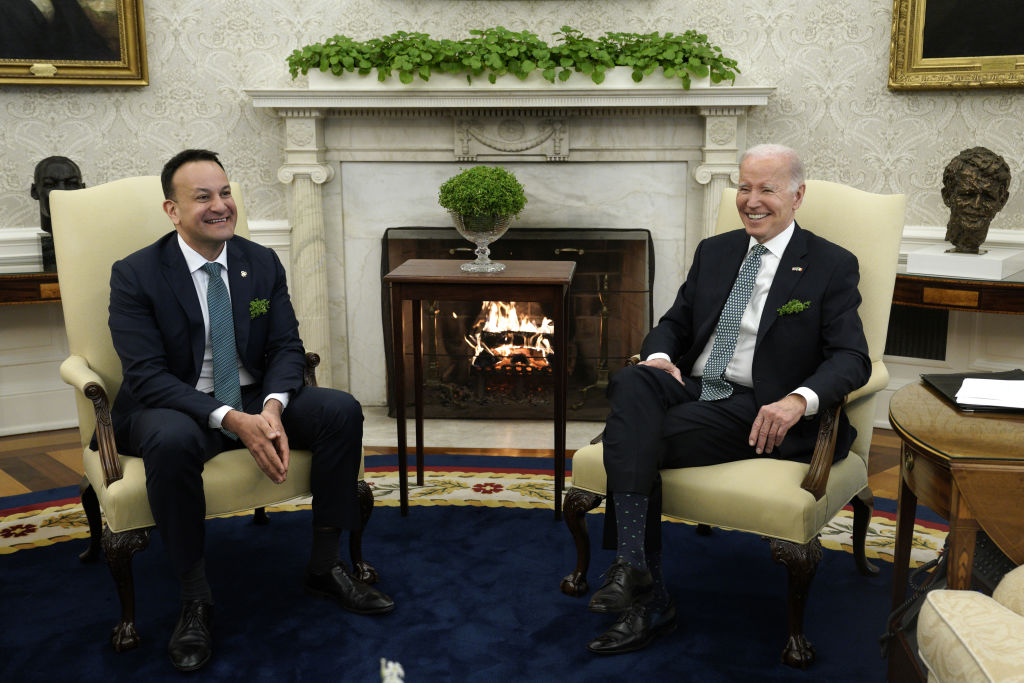 10 things you need to know today: March 18, 2023
10 things you need to know today: March 18, 2023Daily Briefing Trump says he expects to be arrested Tuesday in Manhattan, Biden hosts Irish Taoiseach at White House for St. Patrick’s Day, and more
-
 10 things you need to know today: February 11, 2023
10 things you need to know today: February 11, 2023Daily Briefing U.S. shoots down object flying off Alaska coast, Trump team has reportedly turned over more classified documents and laptop, and more
-
 Bursting Beijing’s balloon: what’s behind US response?
Bursting Beijing’s balloon: what’s behind US response?feature Incident triggered cancellation of US Secretary of State’s visit to China
-
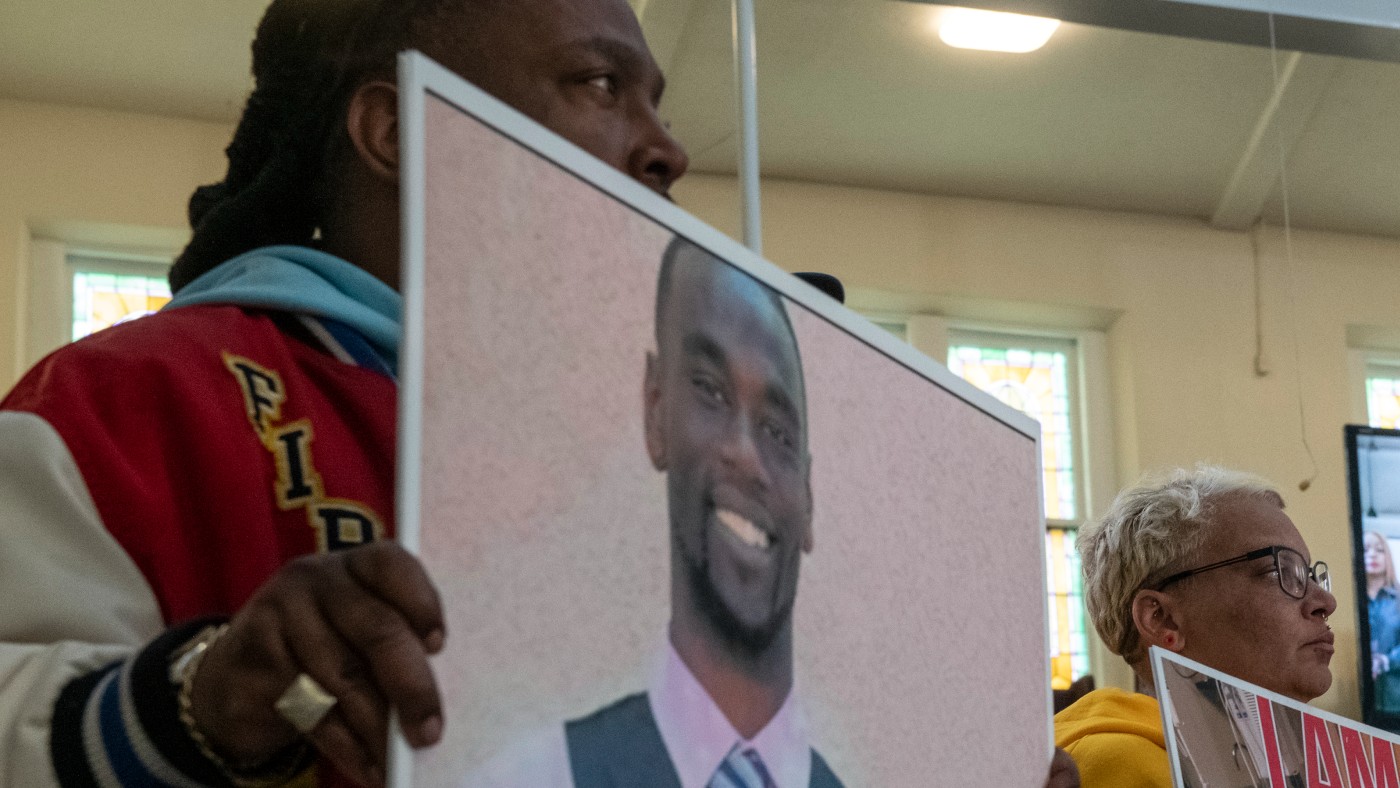 What happened to Tyre Nichols?
What happened to Tyre Nichols?Speed Read President Biden calls for ‘peaceful protest’ ahead of video release showing Memphis police officers fatally injuring 29-year-old
-
 10 things you need to know today: January 22, 2023
10 things you need to know today: January 22, 2023Daily Briefing 10 people killed during mass shooting in Los Angeles at Lunar New Year fest, FBI finds additional classified documents during search of Biden’s home, and more
-
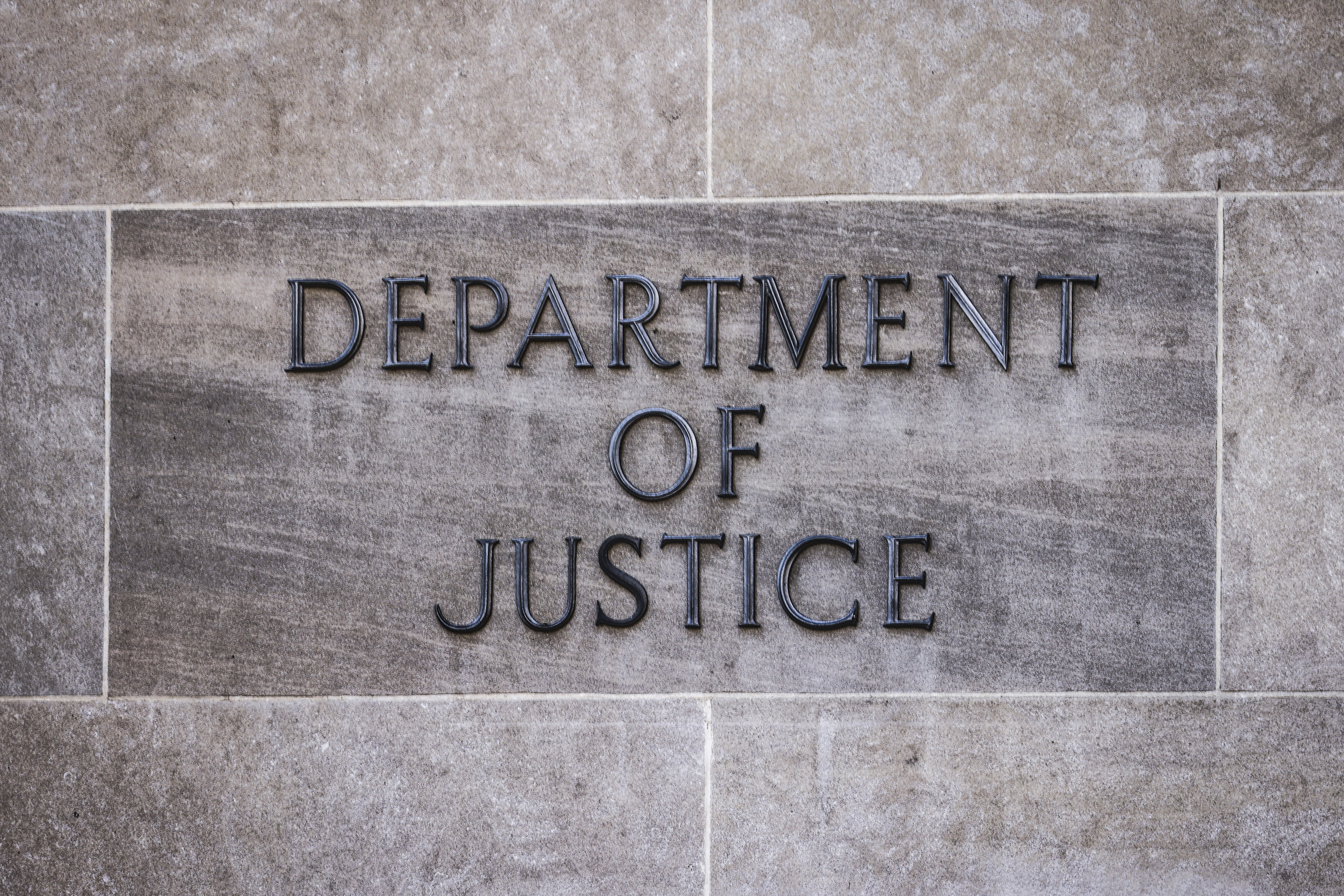 10 things you need to know today: January 21, 2023
10 things you need to know today: January 21, 2023Daily Briefing Justice Department tells GOP-led House it will not share info, Chris Hipkins to replace Jacinda Ardern as New Zealand prime minister, and more